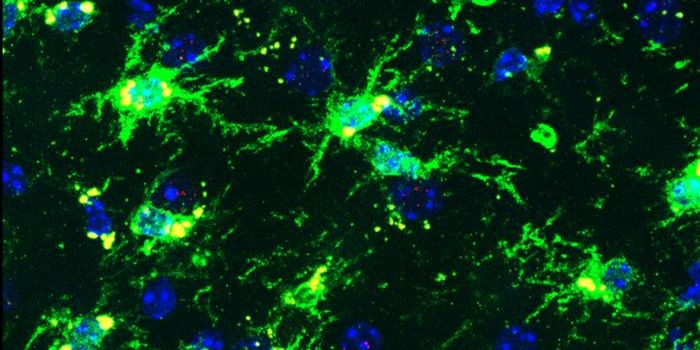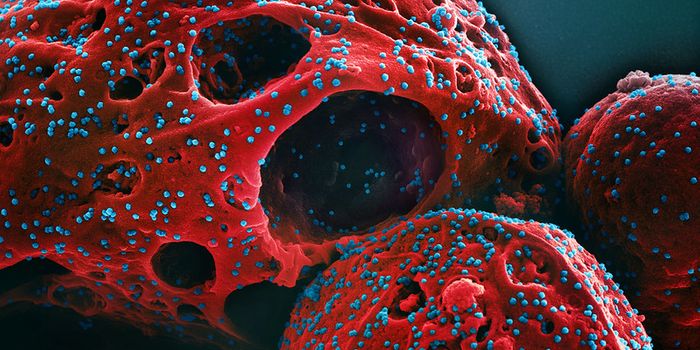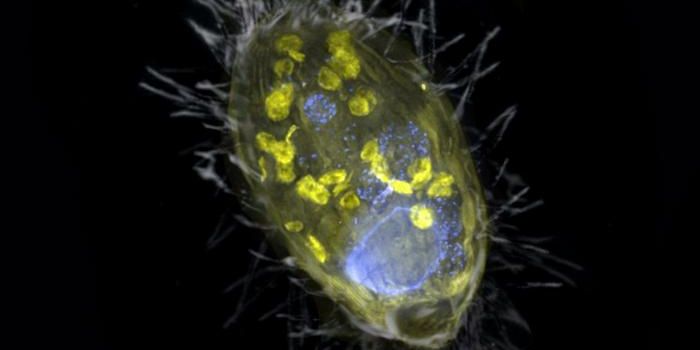New Genetic Insights into How to Help Crohns Disease Patients
It turns out re-examining older data can really help shed light on diseases given new technology. Researchers from University of Cambridge identified a set of genetic variants that affects the severity of Crohns Disease but interestingly does not influence risk of getting the disease initially.
Crohns Disease is a member of a group of complex chronic diseases that do not have a single genetic cause but instead are influenced by several genes. For Crohns Disease in particular, previous research has identified about 170 common genetic variants that affect a patient’s risk for getting the disease.
This study, published in Nature Genetics, is changing the way clinicians look at these types of diseases, and upsets the original theories that these diseases are only influenced by one large set of genes. Instead of basing treatment on analysis of the number of known variants a patient has, scientists are realizing that there is one set of genes associated with onset and another set associated with severity.
"Genetic studies have been very successful at identifying genetic risk factors for Crohn's disease, but have told us virtually nothing about why one person will get only mild disease while someone else might need surgery to treat their condition," says Dr. James Lee from the Department of Medicine at Cambridge. "We do know, though, that family members who have the disease often tend to see it progress in a similar way. This suggested to us that genetics was likely to be involved in prognosis."
The team, led by Dr. Kenneth Smith, performed a genome-wide association study of 2,700 Crohns Disease patients made up of those with a severe form of the disease and those with a mild form of the disease.
In this case, the researchers discovered that the severity of Crohns disease depends heavily on sets of genes not surprisingly involved with the immune system and the gut. There are four variants in particular that most strongly influence prognosis of the disease. All four of these variants, within the FOXO3 gene, the IGFBP1 gene, the MHC region and the XACT gene, are involved in regulation of immune response to infection or in autoimmune issues. In a surprising turn, the variants discovered were only associated with prognosis and are independent of risk of susceptibility.
"This is an exciting breakthrough which offers new hope for people who suffer every day from Crohn's and Colitis," says Dr. Wendy Edwards, Research Manager at Crohn's and Colitis UK. "The research sheds new light on why some people with inflammatory bowel disease experience more severe symptoms than others which has been little understood until now."
The approach the group has taken puts a new twist on already available data. They were able to garner in-depth information from their study and potentially change the way Crohns disease is treated.
Sources: University of Cambridge, Nature Genetics









